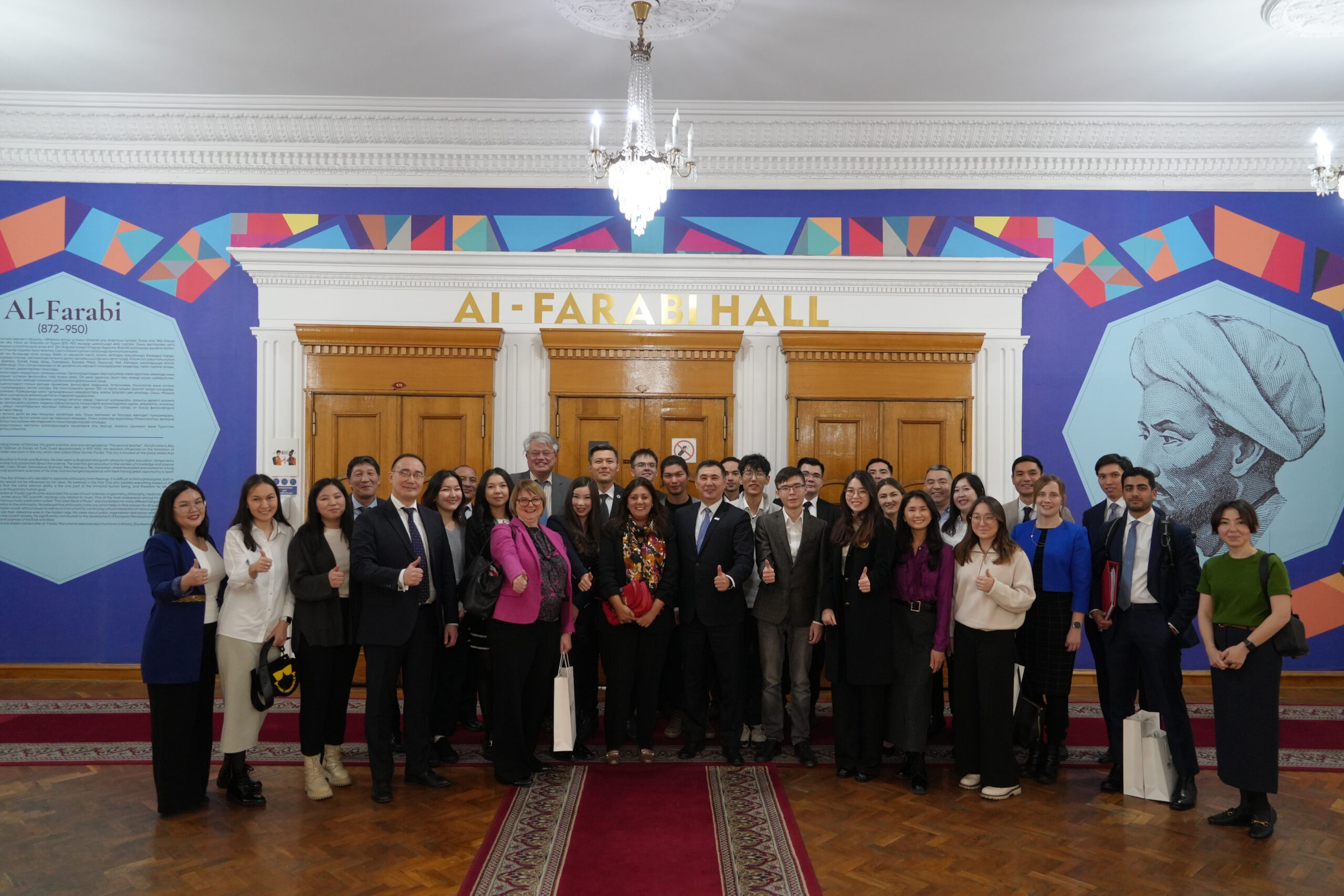ASTANA – Nusrat Ghani, the Minister of Industry and Economic Security of the United Kingdom (U.K.), expressed optimism about future opportunities to strengthen economic ties and foster mutually beneficial partnerships during the press meeting in Almaty on Nov. 20, reported Forbes.kz.

Nusrat Ghani. Photo credit: members.parliament.uk.
Ghani’s broad portfolio includes critical minerals, automotive, marine, and aerospace industries, which are key areas for Kazakhstan’s development.
The minister noted the U.K.’s longstanding position as one of the top six investors in Kazakhstan, highlighting the growing presence of British small and medium-sized enterprises (SMEs) and universities in the country.
She emphasized the need for confidence in the future, stability, and transparency to attract investors.
Ghani underscored the innovation and social responsibility British businesses bring to Kazakhstan, particularly in the mining sector, where the U.K. exploration expertise helps to discover mineral deposits.
“Our businesses are creating innovative and efficient new ways to solve industry challenges such as water supply systems and tailings management,” Ghani said in an interview to Kazinfrom.
The minister reiterated the U.K.’s commitment to achieving net zero emissions and support for developing economies, which aligns with Kazakhstan’s strategy for carbon neutrality.

Minister of Industry and Economic Security Nusrat Ghani and British Ambassador to Kazakhstan Kathy Leach with the staff and students of the Kazakh-British Technical University. Photo credit: KBTU.
She suggested that Kazakhstan, in collaboration with global development banks, can engage with the Green Climate Fund to participate in other international climate programs, attracting private investment in energy, water supply, and other infrastructure as part of the transition to a green economy.
Ghani mentioned a memorandum of understanding (MoU) signed to expand cooperation in critical minerals, conveying the U.K.’s support for increased collaboration between geological services.
Speaking about value-added manufacturing, she revealed that the U.K. has partners studying technology partnerships in localized mineral processing with Kazakh companies, which is an important first step toward building a domestic value chain in the Kazakh mining sector.
Ghani noted that within this MoU, British officials are keen to support major hydrogen projects that Kazakhstan puts in place and cooperate in investments and high-tech solutions.
“The U.K.’s manufacturing sector needs cleaner and greener resources to operate more sustainably, which is why green hydrogen is important to us,” she stressed.
Regarding water-related issues, the minister underlined the UK’s engagement with Kazakhstan’s policymakers and businesses to highlight some of the challenges associated with managing water resources for green hydrogen and to offer its expertise.
“We also hope that Kazakhstan will consider joining the U.K.-led Water Tracker program,” she said.
Elaborating on the visa regime, Ghani acknowledged the increasing number of Kazakh tourists to the U.K. and assured that regular reviews of the system will be conducted to streamline the process. She highlighted the U.K.’s comprehensive services for Kazakh citizens, including the extra-urgent visa processing option within 24 hours and the Global Partnership Program for eligible companies.
Ghani expressed her commitment to further strengthening ties with Kazakhstan, placing the country among her personal priorities.
As part of her visit to Almaty, the minister also visited the Kazakh-British Technical University (KBTU) with the British Ambassador to Kazakhstan, Kathy Leach.
The officials and the university’s executives discussed cooperation in the field of education.
Ghani also met with students and graduates of KBTU to discuss the double degree programs with the University of London carried out under the academic leadership of the London School of Economics (LSE). More than 400 students have graduated as part of the program since 2005.
They also discussed the scientific and technological research, the certification processes development, and the increasing role of science and research of critical minerals for the green transition.
KBTU’s International School of Economics and Social Sciences (ISE) has been a recognized teaching center of the University of London in Central Asia.
